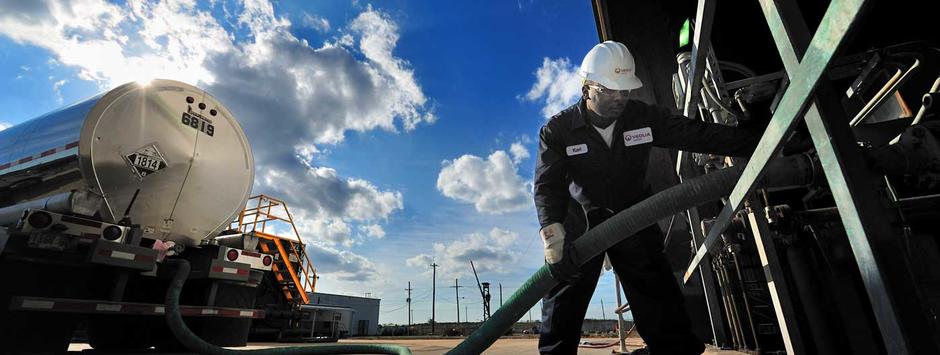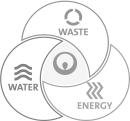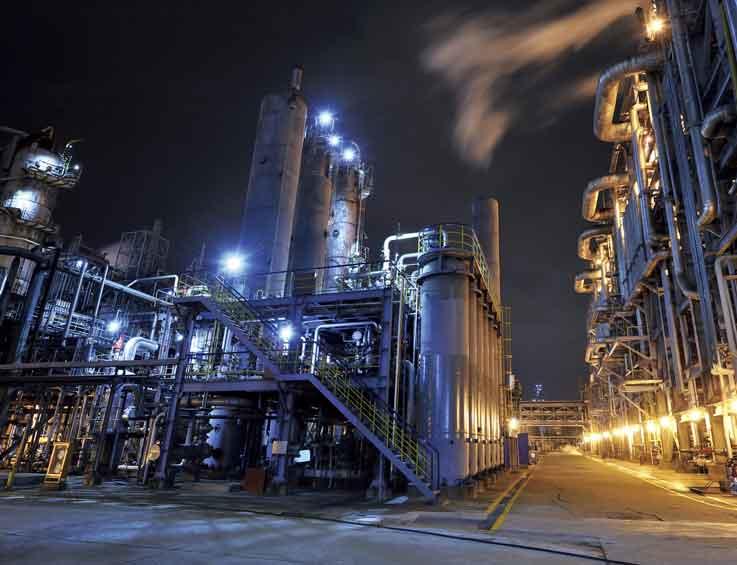
Squeezing as Much as You Can from Your Refinery
Refineries today need to mitigate risk and come up with increasingly efficient ways to maximize business continuity.
Secondary oil recovery enables you to do just that by capturing oil and water effluents to:
- Recover more oil to return back into your refining process.
- Recover water to reuse as quench water or to send through your wastewater treatment plant.
- Turn the remaining oily sludge into a very dry cake (35% solids) in a box that reduces the amount of material you need to discard. Some silage can also be blended with oil and polymers and returned to the coker.
This effective reuse and recycle process optimizes your resources, squeezing more from your oil refining process streams and reducing your environmental impact.
Safety, Service and Predictability for Refineries that Manage Oily Sludge
Veolia provides onsite oily and non-oily management services to downstream oil and gas companies and has an unceasing focus on safety. Over the last five years, we have operated in more than 40 refineries with no lost time injuries and only two recordables.
Working in refineries with capacities up to 700,000 barrels of oil a day, Veolia processes more than 500,000 barrels of oil-bearing secondary material a year, helping reduce disposable materials and returning some 31,000 barrels annually to the refinery process.
Our oil water separators and diverse range of services such as wastewater disinfection, membrane desalination, and, biological treatment of wastewater are supported by long-term, performance-based contracts that ensure as much uptime as possible.
With the largest market share in the U.S and 25 years of experience, Veolia has the experience to help you minimize unscheduled downtime and maintain a predictive maintenance schedule. If equipment goes down or your refinery has a surge, we maintain multiple spare rotating assemblies and centrifuges to quickly support your operations and minimize interruptions.

Veolia is uniquely positioned to service industry, government and commercial entities in improving performance, managing water, waste and energy.
Learn how
40 CFR 261.6(c)(1) Requirements for recyclable materials
Our oily residuals management solutions are not considered to be treatment, storage or disposal of hazardous waste.



